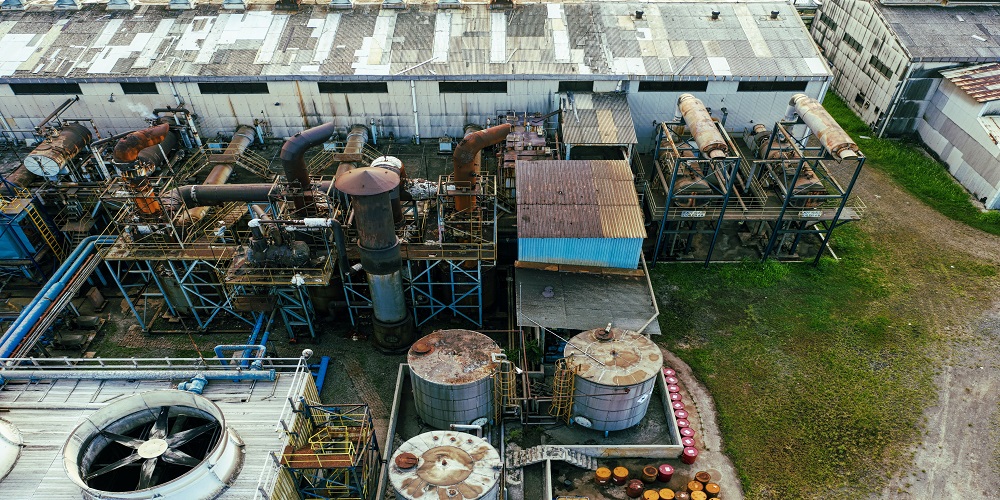Many of us may not think twice before flushing something down the toilet. However, being mindful of what goes down is essential for maintaining plumbing health and the environment. Here are the Top 10 Things You Should Never Flush Down the Toilet.

Wet Wipes Block the Pipes
Even if labelled “flushable,” wet wipes can clog pipes and sewer systems. They don’t break down easily, leading to expensive treatments from a septic tank contractor. Always dispose of them in a trash bin.
Dental Floss Creates Clogs
Dental floss might seem harmless, but it wraps around pipes and creates blockages. It’s not biodegradable, meaning it stays intact, ensnaring other debris and causing clogs.
Cotton Balls Absorb Water and Expand
Cotton balls and swabs absorb water, expanding and forming blockages in pipes. Throw these in the trash instead to keep your plumbing clear.
Diapers Are Too Large
Flushing diapers is a bad idea. They expand when wet, causing immediate and severe blockages. Always dispose of diapers in a garbage bin.
Grease Builds Up in Pipes
Avoid flushing grease, fats, or oils. They cool, solidify, and stick to pipe walls, causing build-ups that can lead to significant blockages.
Prescription Medication Contaminates Water Supply
Medications can contaminate the water supply and harm aquatic life. Always follow proper disposal methods or take them to a medication take-back location.
Paper Towels Don’t Dissolve Quickly
Paper towels are thick and absorbent. They don’t dissolve like toilet paper does. When flushed, they can cause blockages in the pipes. Putting them in a trash bin is better to avoid plumbing issues.
Cat Litter Causes Major Blocks
Cat litter turns hard when it gets wet. If it’s flushed, it clumps and can block the pipes. It’s also not good for septic systems. Always dispose of cat litter in the trash to keep the plumbing clear.
Hair Wraps Around Other Debris
Hair doesn’t dissolve in water. When flushed, it can get tangled with other things in the pipes. It leads to clogs and plumbing issues. Hair should always go in the trash bin, not the toilet.
Plastic Items Can’t Break Down
Plastic items are non-biodegradable and can cause severe damage to plumbing and the environment. Always recycle or dispose of plastic in the trash. Being cautious about what gets flushed down the toilet is vital for maintaining functional plumbing. We need to avoid plastic items that can severely damage plumbing and the environment.
Concluding Words
Every item spared from the flush benefits both our plumbing and the planet. A simple decision to dispose of waste correctly can lead to a healthier, obstruction-free plumbing network and a greener environment. Every small step every informed choice amplifies this positive impact.
Each considered action and every mindful decision counts. It’s not just about avoiding clogs; it’s about fostering a cleaner, safer world for all. So, with every responsible decision to bin it rather than flush it, we collectively carve a path to a cleaner, more sustainable environment.

